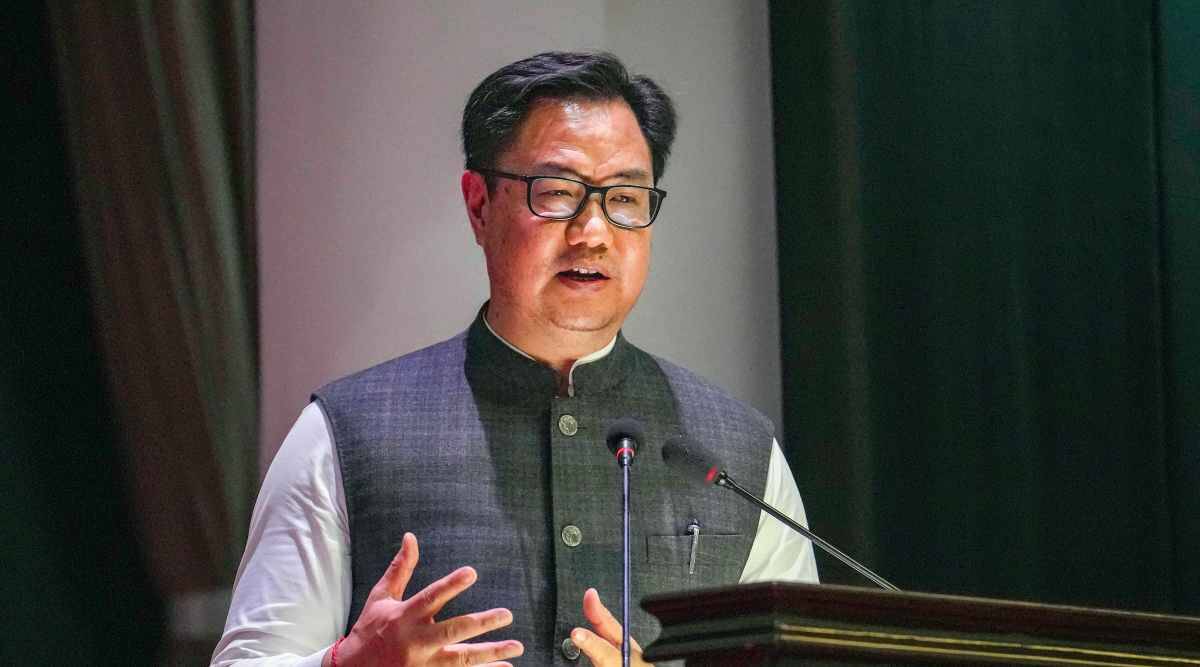The government lobbied for simultaneous Lok Sabha and state assembly elections on Friday, claiming that it would result in significant savings to the public purse, as it listed “imperatives” such as amending the Constitution and bringing all political parties on board before embarking on the massive exercise.
In a written reply in Lok Sabha, Law Minister Kiren Rijiju stated that a parliamentary panel had investigated the topic of simultaneous Lok Sabha and State Legislative Assembly elections in conjunction with several stakeholders, including the Election Commission. In this context, the Committee issued some recommendations.
“The topic has now been sent to the Law Commission for further investigation to develop a workable road map and framework for simultaneous elections…,” Rijiju said.
Simultaneous elections, he said, would result in significant savings to the public purse and eliminate the duplication of administrative and law enforcement work in organising repeated elections. It would save political parties and candidates a lot of money throughout their election campaigns.
“Moreover, asynchronous Lok Sabha and Legislative Assembly elections (including by-elections) result in extended enforcement of the Model Code of Conduct, which has a negative impact on developmental and welfare programmes,” the minister added.
He also outlined “key impediments/imperatives” for election synchronisation for the Lok Sabha and Legislative Assembly.
He stated that the change would necessitate amendments to “at least five” articles of the Constitution: Article 83 on the duration of Houses of Parliament, article 85 on the dissolution of Lok Sabha by the President, article 172 on the duration of state legislatures, article 174 on the dissolution of state legislatures, and article 356 on the imposition of President’s Rule in the states.
Before the proposal could be adopted, all political parties would have to agree on it.
“With regard to the federal structure of our system of governance, it is critical that consensus be established from all state administrations,” the minister stated.
He also stated that more electronic voting machines and VVPATs (paper trail machines) would be required, “which would cost a significant amount, possibly in millions of billions (of rupees).” “Considering that the life of a machine is just 15 years, this would mean that it would be used for roughly three or four times in its life span, entailing large investment in its replacement after every 15 years”.
He also mentioned the need for more poll workers and security people.
In its 79th report, the department-related Parliamentary standing committee on Personnel, Public Grievances, Law, and Justice stated that in South Africa, elections to national and provincial legislatures are held concurrently for five years, with municipal elections held two years afterwards.
In Sweden, elections to the national legislature (Riksdag), provincial legislature/county council (landsting), and local bodies/municipal assembly (Kommunfullmaktige) are held on the same day every four years – the second Sunday in September.
The Fixed-term Parliament Act, 2011, governs the term of Parliament in the United Kingdom, he informed the House.
